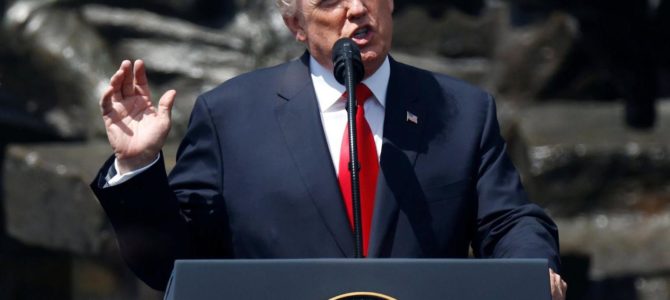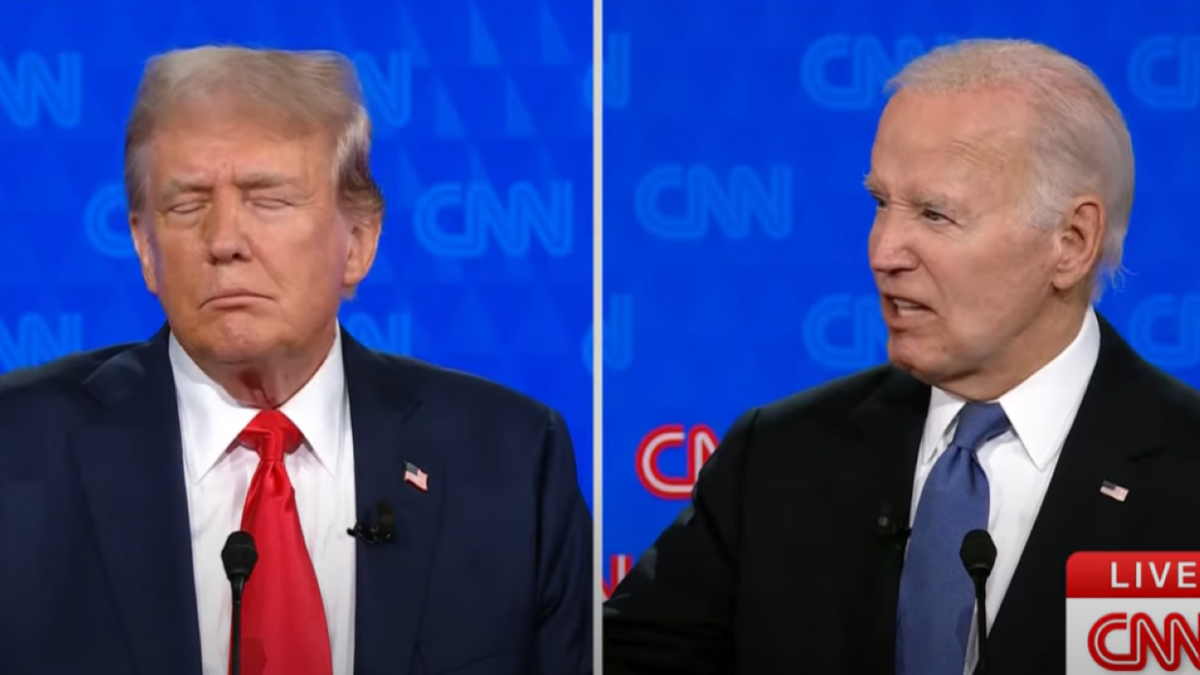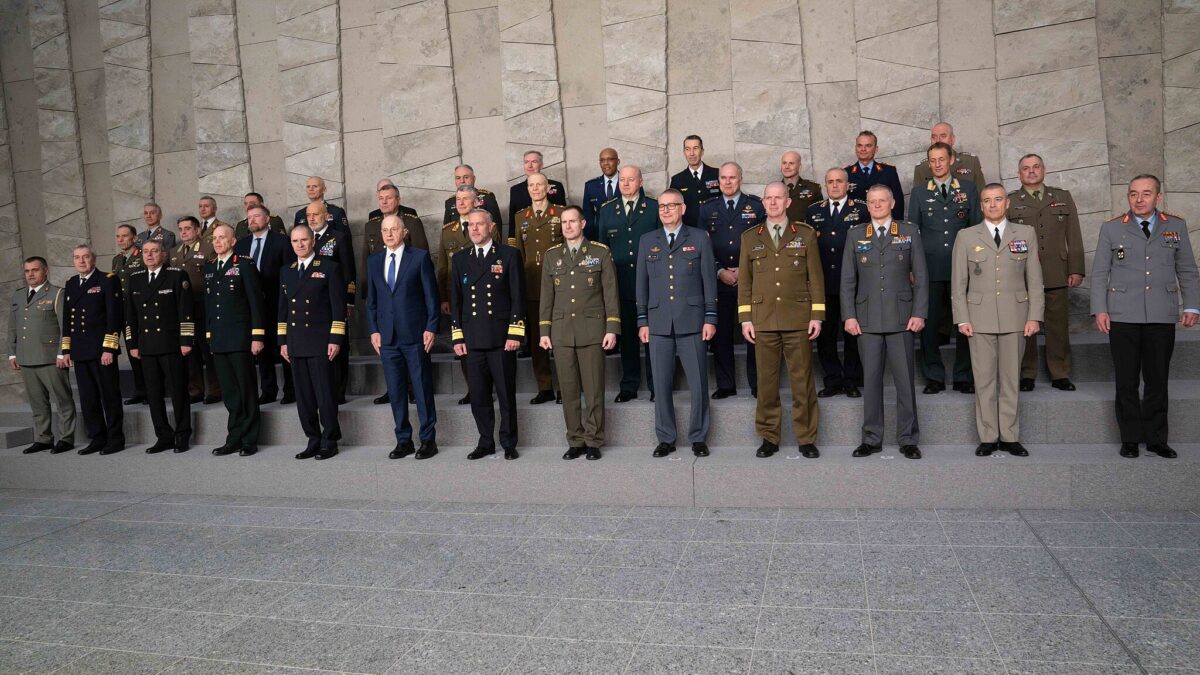Following a lethal chemical attack against civilians in Syria on April 6, President Trump laid the blame on Syria’s Bashar al-Assad, saying the dictator had crossed “many, many red lines.” Forty-eight hours later, the president ordered a punitive cruise missile strike against a Syrian air force base. Whatever the rationale or justification, by launching these missiles the president decided to attack a sovereign nation, on his own, without congressional approval or consultation—continuing a troubling trend dissolving the separation of powers within the U.S. government.
Unfortunately, this missile strike was not an isolated event, as in recent weeks the U.S. military has attacked and destroyed forces allied with Syria, shot down a Syrian fighter jet, and downed two drones operated by Iran—all potentially acts of war.
The president has not sought congressional approval for this significant escalation of military force, and Congress has not yet demanded immediate and substantial justification for such force. Congress alone was given the power to declare war, and these powers are no mere formalities: if military actions continue to be taken abroad by the inclinations of a single person, without effective constraint, the nation could one day find itself plunged into a war it neither wants nor would have chosen should its people have been consulted. Before such a troublesome and uncertain event occurs, it is crucial that congressional leadership step up to its obligations.
The President Now Unilaterally Wages War
Whatever congressional Republican leaders may privately believe, they will not risk damaging President Trump politically, lest it negatively affect their ability to enact the GOP legislative agenda or damage their own chances of reelection in the next cycle. Democrats were just as guilty of this when President Obama was in the White House, and certainly would have behaved similarly had Hillary Clinton won last year. This is a systemic problem that must be dealt with immediately. It directly threatens the checks and balances our forefathers built into our form of government.
One of our principal architects, George Washington, foresaw this danger and warned of the dangers that accrue when a president accumulates too much power. As he describes, the “spirit of encroachment tends to consolidate the powers of all the departments in one, and thus to create, whatever the form of government, a real despotism.”
The condition Washington described is now effectively upon us. For a confluence of reasons, the nation’s chief executive has now in essence been freed of the constitutional separation of powers and has near unlimited power to use military force as he or she sees fit. The main bulwark against this usurpation of power was supposed to be Congress. In practice, most elected officials have studiously avoided this obligation.
Let’s Move This Puppy
Fortunately, not all members of Congress avoid their constitutional responsibilities. Earlier this year, Rep. Walter Jones (R-NC), along with 46 bipartisan co-signers, sent a letter to the speaker of the House asking for an immediate and “serious debate on the use of military force (AUMF) against the Islamic State” and expressed that “the President must seek approval from Congress before taking any further military action.”
A freshman member of the House Armed Services Committee, Rep. Jim Banks (R-Ind.) teamed with his Senate colleague from Indiana Todd Young (R-Ind.) to propose congressional debate on a new AUMF. “The Constitution grants Congress the power of declaring war,” Banks said, “and we need to take that obligation seriously.” Young added that members of Congress “can’t outsource our responsibilities, as difficult as it may be to come to terms on some of these issues.”
For retaining the separation of powers necessary for good governance, to ensure that the administration considers the will of the American people before making war-and-peace decisions, and to reinstate the necessity of Congress fulfilling its constitutional obligations, the actions of Jones, Banks, and Young must be fulfilled. It is time congressional leaders put the interests of their parties aside and for the good of the nation, engage in a full and open debate on the use of force throughout the Middle East.









